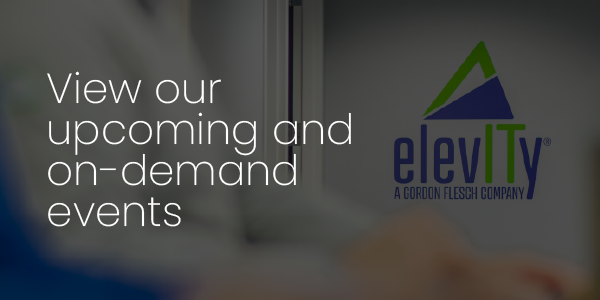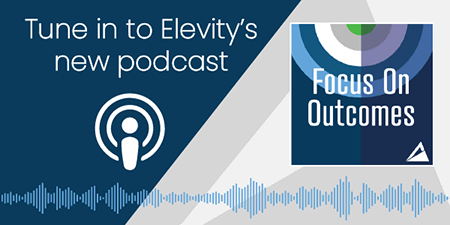Curious about how secure ChatGPT really is? You’re not alone. With all the buzz around artificial intelligence (AI), it’s only natural to wonder what’s happening behind the scenes—especially if you work for a business where data privacy and client confidentiality are non-negotiable.
Let’s peel back the layers together and explore what makes ChatGPT secure (and where the risks might hide), so you can make informed decisions before diving into this powerful AI tool for your business.
Demystifying ChatGPT’s Security Framework
ChatGPT is built on cutting-edge large language model (LLM) technology, designed to process and generate human-like text based on user inputs. But what does this mean for security-conscious businesses? At its foundation, ChatGPT leverages robust cloud infrastructure managed by OpenAI, employing encryption both in transit and at rest. This helps safeguard your data as it moves between your device and the AI servers, as well as when it is stored temporarily for processing.
However, it's important to understand that while the platform is engineered with multiple layers of security which includes firewalls, access controls and regular vulnerability assessments—no system is entirely immune to risk. The security framework is continuously updated to address emerging threats, ensuring that user data is handled responsibly within the boundaries set by regulatory and industry standards.
Data Privacy: What Happens to Your Information?
A common misconception is that everything entered into ChatGPT is stored forever or used to retrain the AI directly. In reality, OpenAI’s data policies generally state that user input may be reviewed to improve model performance, but sensitive or proprietary information should never be entered—especially if it is confidential or regulated by compliance standards (such as HIPAA).
For businesses, this means that entering client names, project details, or any sensitive business data into ChatGPT's interface could potentially expose your organization to privacy risks. While OpenAI offers enterprise solutions with enhanced privacy controls, the default versions do not guarantee data isolation.
Safe use involves treating ChatGPT as you would any external contractor. That’s why we recommend that you only share information appropriate for a public or semi-public setting.
Risks and Vulnerabilities: Potential Threats for Businesses
Businesses face unique risks when using AI tools like ChatGPT. One major vulnerability is the inadvertent disclosure of confidential client or business information. This can result from using ChatGPT to draft sensitive documents, summarize private conversations, or analyze client data. If this information is stored, logged or reviewed for model improvements, there is a potential for data leakage—either through internal access or a breach.
Another risk is the propagation of inaccurate or biased responses. ChatGPT, like all large language models (LLMs), can generate plausible-sounding but incorrect answers, which may affect decision-making if not carefully validated. Additionally, integration with third-party applications or plugins may introduce additional attack surfaces if not properly vetted and secured.
Best Practices for Safe Business AI Integration
To strike the right balance between leveraging ChatGPT’s efficiency and safeguarding sensitive data, businesses should establish clear usage guidelines. Avoid entering confidential, proprietary, or regulated information into the AI. Instead, use anonymized data or hypothetical scenarios when seeking general advice, brainstorming or automating routine communications.
We also suggest that you implement role-based access controls and regular staff training to ensure employees understand what is safe to share. Utilize enterprise or managed AI solutions that offer enhanced privacy settings, logging and audit trails. Review and update your data governance policies to reflect the integration of AI tools and consider partnering with cybersecurity experts, such as Elevity, to assess and monitor ongoing risks.
Evaluating ChatGPT’s Compliance with Industry Standards
When considering ChatGPT for business use, especially in regulated industries, it’s critical to evaluate its alignment with relevant compliance frameworks. Ask whether your AI vendor offers contractual assurances around data handling, localization and deletion. Enterprise solutions may provide additional controls, such as dedicated environments, SOC 2 Type 2 compliance, or HIPAA-eligible configurations—features not typically available in consumer-grade versions.
Ultimately, responsible adoption of ChatGPT involves ongoing diligence. We recommend that you regularly review vendor documentation, monitor changes in platform capabilities and maintain transparency with your stakeholders about how and why AI is being used within your organization.
By embedding AI usage into your existing IT governance and compliance programs, your business can harness the power of ChatGPT while minimizing risk.
Want to learn more? Download our free Cybersecurity Handbook for simple-yet-effective cybersecurity practices and security controls that support risk management functions.










%20cropped.jpg?width=200&height=200&name=Peter_Niebler%20(Pro)%20cropped.jpg)





